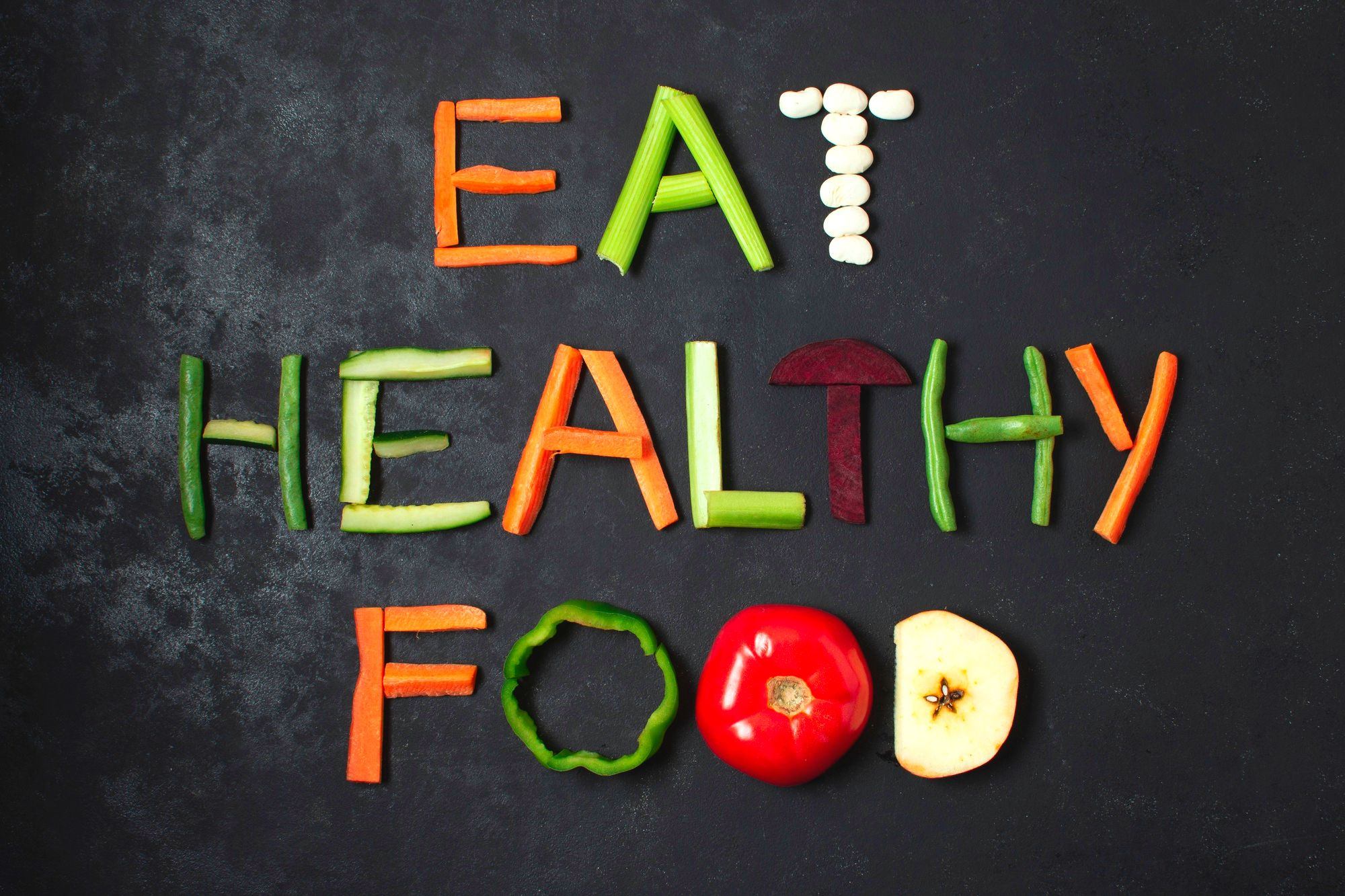
Contents
1. Leafy Green vegetables
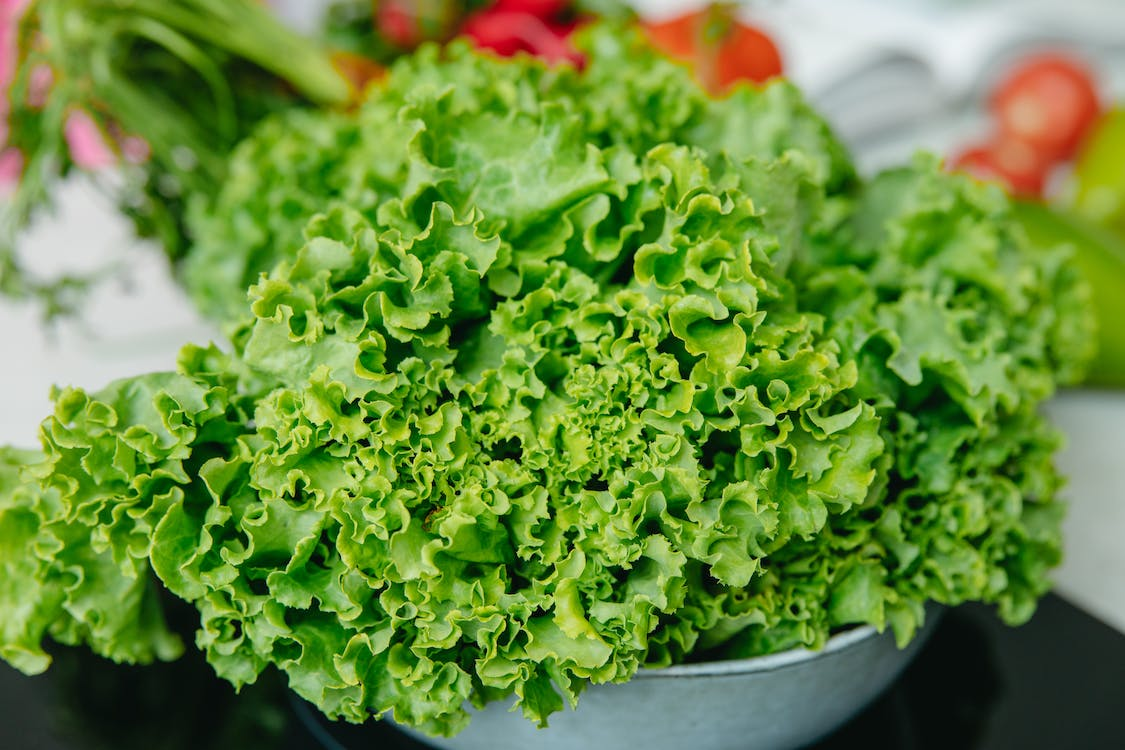
Leafy greens and vegetables like mustard greens, collard greens, and spinach are essential for a healthy diet. They are packed with disease-fighting nutrients, such as vitamins A, C, and K, as well as calcium, iron, and antioxidants. Additionally, leafy greens are low in calories and high in fiber, making them an excellent choice for those watching their weight.
Mustard greens, in particular, are a great source of plant protein and are high in fiber, which helps to keep you feeling full and satisfied. They also contain garbanzo beans, which are a good source of protein and other important nutrients.
One cup of chopped mustard greens contains only 15.1 calories, making it an excellent choice for those looking to lose weight. Additionally, mustard greens are low in fat and sodium, and high in potassium, which can help support heart health.
Studies have shown that a diet rich in cruciferous vegetables may help lower the risk of certain cancers, including prostate cancer. Additionally, these vegetables are an important part of a low-fat diet and can help prevent chronic diseases like heart disease and diabetes.
2. Cruciferous Vegetable
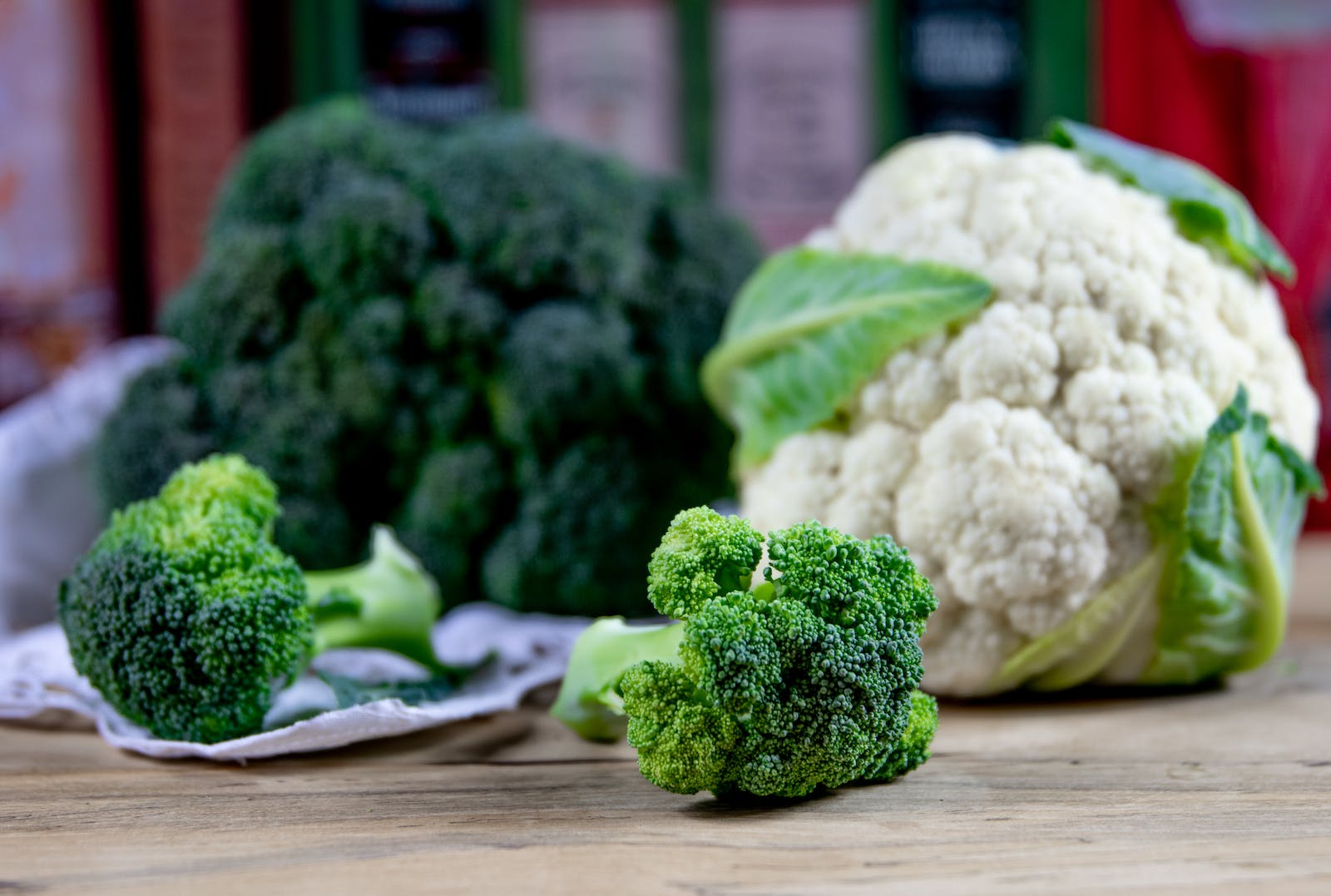
Cruciferous vegetables like broccoli, cauliflower, kale, swiss chard, and Brussels sprouts are considered some of the most nutritious and healthy doses you can consume. These veggies are an excellent source of vitamins E, C, and K, fiber, and plant-based protein.
MoreoCruciferous vegetables are also high in glucosinolates, which are compounds that have been shown to have anti-cancer properties. These vegetables can also help lower cholesterol levels, improve digestion, and reduce inflammation in the body.
Here are some of the nutrition facts for 1 cup (91 grams) of chopped raw cruciferous vegetables:
- Broccoli: 31 calories, 2.6g protein, 6g carbohydrates, 2.4g fiber, 0.3g fat
- Cauliflower: 27 calories, 2.1g protein, 5.3g carbohydrates, 2.5g fiber, 0.3g fat
- Kale: 33 calories, 2.9g protein, 6g carbohydrates, 2.6g fiber, 0.6g fat
- Brussels sprouts: 38 calories, 3.0g protein, 8g carbohydrates, 3.3g fiber, 0.3g fat
Including cruciferous vegetables in your diet is simple; you can eat them raw in a salad or cooked in a stir-fry or roasted as a side dish. Try incorporating these vegetables into your meals for a boost of nutrition and health benefits.
3. Sweet Potatoes (Shakarkandi)

Sweet potatoes also known asShakar Kandi are highly nutritious and versatile root vegetables that provide numerous health benefits. They are packed with essential nutrients and low in calories, making them an excellent addition to a balanced diet.
One medium-sized sweet potato contains around 103 calories, 24 grams of carbohydrates, 2 grams of protein, and less than 1 gram of fat. They are also a great source of fiber, providing around 4 grams per serving. Sweet potatoes are rich in vitamin A, which promotes healthy eyesight, and they also contain vitamin C, potassium, and other essential vitamins and minerals.
Consuming shakarkandi regularly may help improve digestion due to its high fiber content, which can aid in maintaining a healthy digestive system. They are also a good source of complex carbohydrates, which are a great source of energy for the body.
In addition, sweet potatoes are naturally low in saturated fat, making them a great choice for those looking to maintain a heart-balance diet. They also have a low glycemic index, which means they can help regulate blood sugar levels. Overall, Shakar Kandi is a nutrient-dense and delicious food that can be enjoyed in a variety of ways, such as baked, roasted, or mashed.
4. Whole Grains
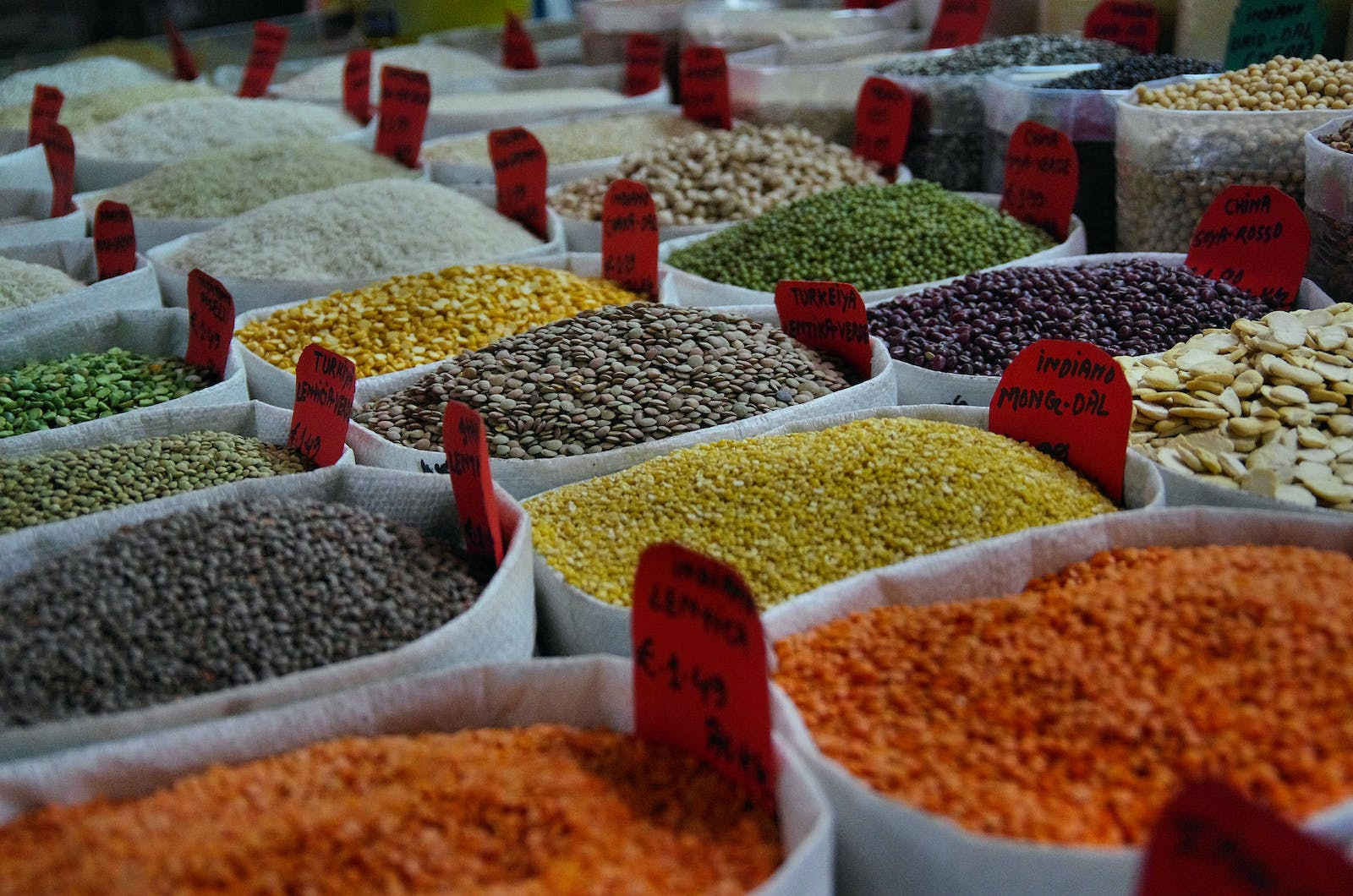
Whole grains are an essential part of a balanced diet, as they are rich in fiber, vitamins, and minerals. Whole grains contain the entire grain, including the bran, germ, and endosperm, which provides important nutrients and health benefits. A large spoon of Beans Daily consumption of beans and other legumes helps stabilize blood sugar, reduce your appetite, and protect against colon cancer.
Research has shown that consuming whole grains can help reduce the risk of heart disease, stroke, and type 2 diabetes. Whole grains may also help with weight management, as they are filling and provide sustained energy.
One of the most commonly consumed whole grains is wheat, which is commonly found in bread, pasta, and cereal products. However, it is important to choose whole wheat products, as refined wheat flour has been stripped of important nutrients and fiber.
When incorporating tasty grain into your diet, it is important to aim for at least three servings per day. You can do this by choosing whole-grain bread and cereals, as well as incorporating tasty grains like quinoa, brown rice, and barley into your meals.
Nutrition facts for whole grains can vary depending on the type of grain, but they are generally a good source of both soluble and insoluble fiber, whole grains also contain several B vitamins, minerals, and phytonutrients.
5. Oily Fish

Oily fish, such as salmon, mackerel, and sardines, are considered some of the healthiest foods you can eat. They are rich in omega-3 fatty acids, which have been shown to reduce inflammation, improve brain function, and lower the risk of heart disease.
In addition to omega-3s, oily fish are also a good source of vitamins C and E, which are important antioxidants that protect the body from damage caused by free radicals. These vitamins also support immune function and skin health.
In terms of nutrition facts, a 3-ounce serving of cooked salmon contains around 155 calories, 22 grams of protein, and 7 grams of good fats. It also provides 17% of the daily recommended intake of vitamin C and 8% of the daily recommended intake of vitamin E.
When it comes to incorporating oily fish into your diet, try grilling or baking them for a delicious and nutritious meal. Aim to eat at least two servings of oily fish per week to reap the health benefits.
6. Greek Yogurt
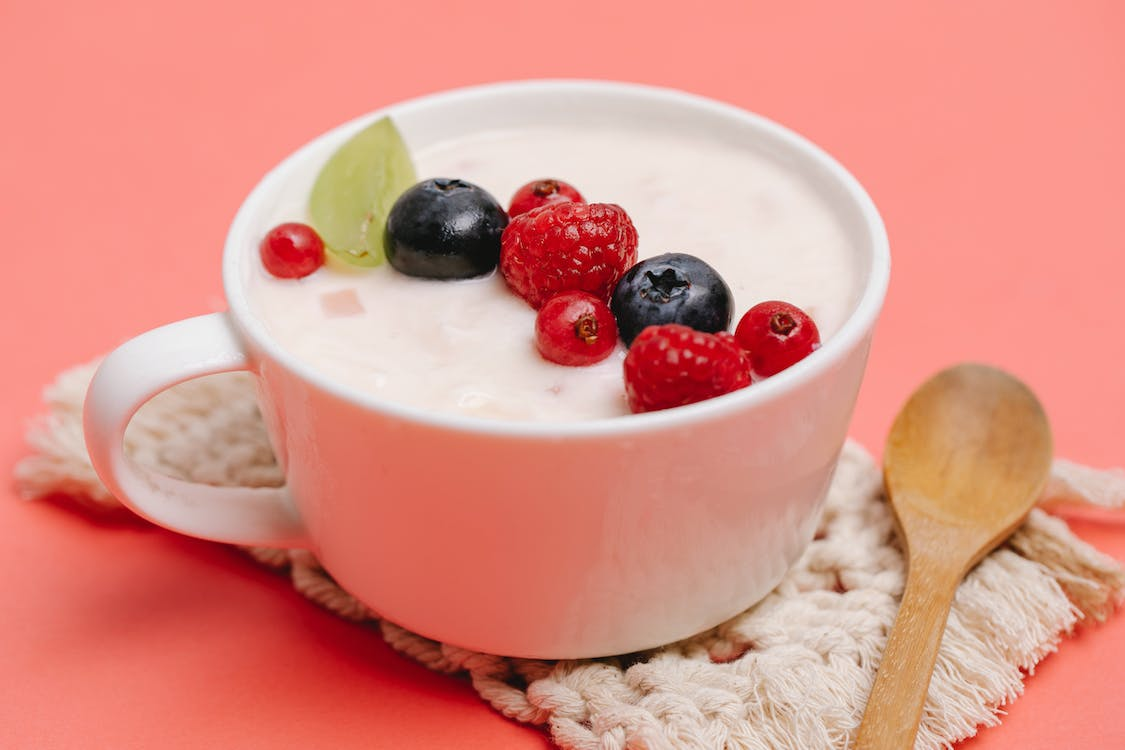
Greek yogurt is a nutrient-dense food that is high in protein, calcium, and probiotics. It is also an excellent source of dietary fiber, which is important for maintaining a healthy digestive system and preventing chronic diseases like heart disease and diabetes. yogurt also contains live cultures called probiotics. These “good bacteria” can protect the body from other, more harmful bacteria.
Nutrition Facts (per 100g): Calories: 97 kcal Protein: 10g Fat: 5g Carbohydrates: 4g Fiber: 0g Calcium: 120mg Potassium: 141mg
One of the unique aspects of Greek yogurt is that it contains more protein than traditional yogurt. This high protein content can help with weight management, as protein helps to increase feelings of fullness and reduce hunger. Additionally, the probiotics in Greek yogurt can promote a healthy gut microbiome, which has been linked to numerous health benefits.
When choosing Greek yogurt, it’s important to opt for plain, unsweetened varieties to avoid added sugars found in flavored yogurts. Greek yogurt can also be used as a substitute for sour cream in recipes, making it a healthier option.
7. Nuts and Seeds
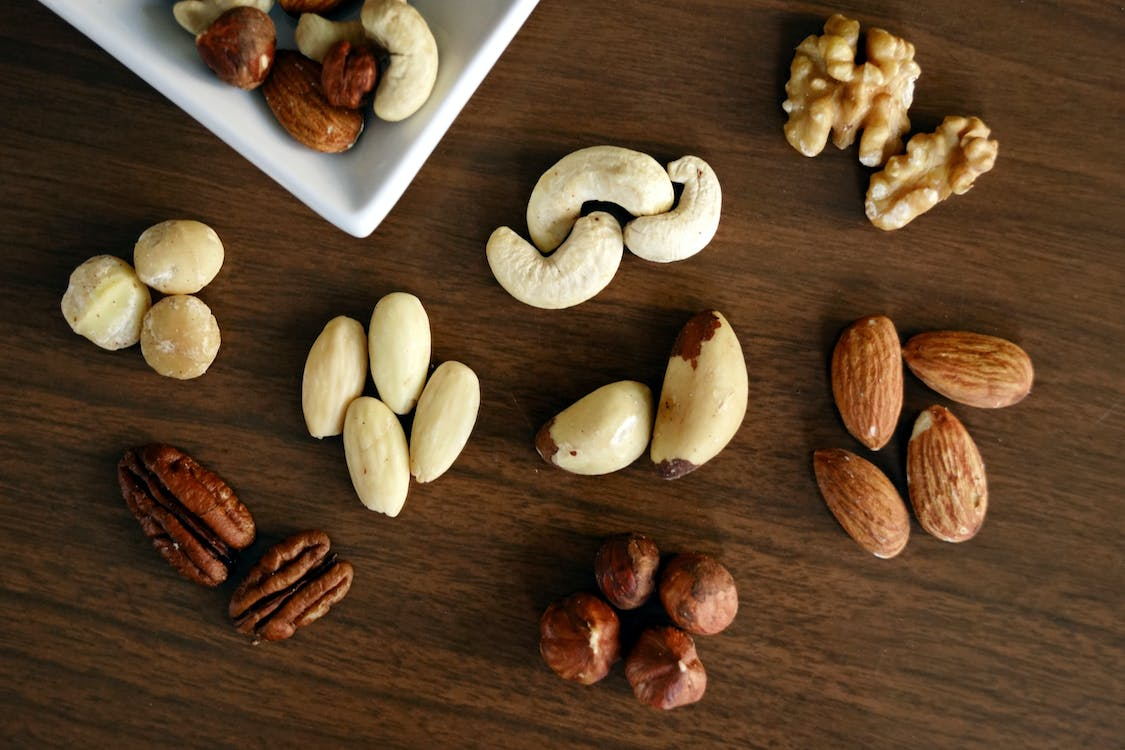
Nuts and seeds, such as chia seeds and Brazil nuts, are highly nutritious and beneficial for overall health. These seeds are an excellent source of plant-based protein, fiber, and omega-3 fatty acids, which can help reduce inflammation and improve heart health. Brazil nuts are rich in selenium, a mineral that plays a key role in immune function, thyroid health, and DNA synthesis.
Nutrition Facts:
- Chia seeds: 1 ounce (28 grams) contains 138 calories, 9 grams of fat, 10 grams of fiber, and 5 grams of protein.
- Brazil nuts: 1 ounce (28 grams) contains 186 calories, 19 grams of fat, 2 grams of fiber, and 4 grams of protein.
Both chia seeds and Brazil nuts contain important vitamins, such as vitamin C and vitamin E, which act as antioxidants to protect the body from damage caused by free radicals. Monounsaturated fats found in nuts and seeds have also been linked to lower cholesterol levels and reduced risk of heart disease.
Incorporating nuts and seeds into your diet is easy, and they can be enjoyed as a snack or added to meals for an extra boost of nutrition. However, it’s important to consume them in moderation due to their high-calorie content.
8. Tomatoes
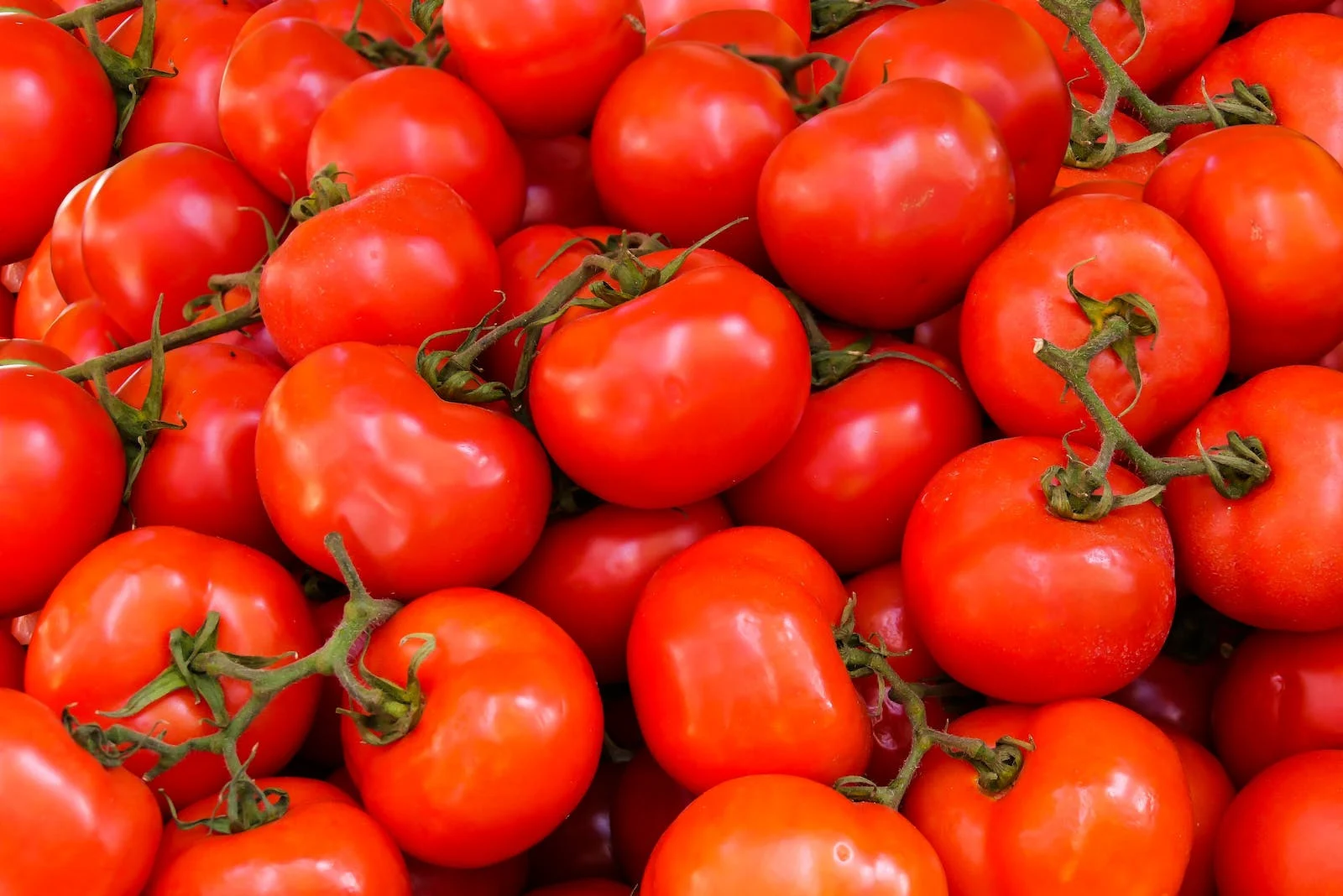
Tomatoes are a delicious and nutritious healthy food that offers numerous health benefits. They are rich in vitamin C, potassium, and fiber, and also contain lycopene, an antioxidant that has been linked to a lower risk of certain types of cancer, including prostate cancer.
Cooked tomatoes, such as tomato sauce, actually contain more lycopene than raw tomatoes. In fact, a study found that consuming tomato sauce regularly can lower the risk of prostate cancer by up to 20%. And the best part is that you can get the same amount of lycopene from a small amount of tomato sauce as you can from a larger serving of raw tomatoes.
Nutrition facts: One medium-sized tomato contains approximately 22 calories, 1 gram of protein, 5 grams of carbohydrates, 1.5 grams of fiber, and is an excellent source of vitamin C and potassium. One cup of tomato sauce contains approximately 90 calories, 2 grams of protein, 18 grams of carbohydrates, 4 grams of fiber, and is a good source of vitamin A and iron.
Tomatoes are also low in calories and can be a great addition to a healthy diet. They are versatile and can be eaten raw in salads, cooked in sauces or soups, or even roasted as a side dish. Incorporating tomatoes into your diet can provide both great taste and health benefits.
9. Extra-virgin olive oil
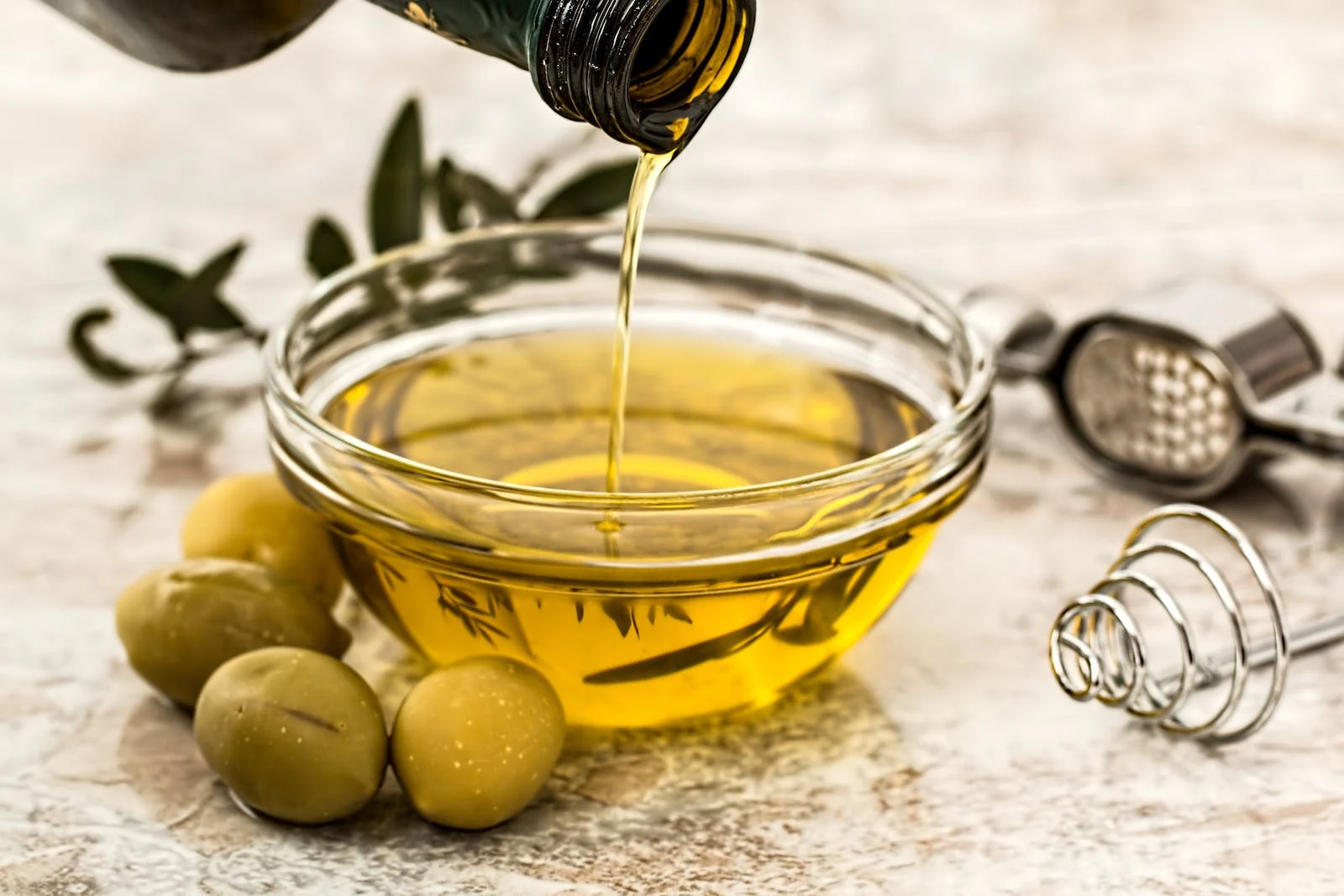
Extra-virgin olive oil is a nutrient-dense food that has been shown to have numerous health benefits. It is rich in monounsaturated fats, which can help lower the risk of chronic diseases like heart disease and type 2 diabetes. Additionally, it contains antioxidant compounds like beta-carotene, which can help reduce inflammation in the body and improve overall health.
Nutrition facts per 1 tablespoon (14g)
- Calories: 120
- Total Fat: 14g
- Saturated Fat: 2g
- Monounsaturated Fat: 10g
- Polyunsaturated Fat: 2g
- Vitamin E: 2mg
- Vitamin K: 8µg
Studies suggest that consuming extra-virgin olive oil may help regulate blood glucose levels, making it a good choice for those with diabetes or those at risk of developing the condition. However, it’s important to consume olive oil in moderation, as it is high in calories and can contribute to weight gain if consumed in excess.
Nutritionally, This is a good source of good fats and contains small amounts of vitamins E and K. It’s important to choose high-quality, extra-virgin olive oil and to store it properly to preserve its health benefits.
10. Healthy Fats

Healthy fats, such as monounsaturated and polyunsaturated fats, are essential for good health. These fats are found in foods such as nuts, seeds, avocados, oily fish, and olive oil. Eating these good fats can help lower bad cholesterol levels and reduce the risk of cardiovascular disease.
Monounsaturated fats can be found in foods such as olive oil, avocado, and nuts, and are known for their ability to improve insulin sensitivity and reduce inflammation. Polyunsaturated fats, such as omega-3 and omega-6 fatty acids, can be found in oily fish, nuts, and seeds. These fats are important for brain function, skin health, and reducing inflammation in the body.
While these good fats are important for a balanced diet, it’s important to consume them in moderation as they are still high in calories. Aim for a variety of good fats as part of a balanced diet.
Final Words
It is important to focus on dietary patterns that incorporate nutrient-dense foods from all food groups. Healthy foods, such as leafy greens, whole grains, oily fish, nuts and seeds, Greek yogurt, and tomatoes, are packed with bioactive compounds that can help prevent chronic diseases and promote overall health.
Additionally, incorporating a little bit of extra-virgin olive oil into your diet can help with blood glucose and blood pressure control. By making mindful food choices and following a balanced dietary pattern, you can improve your health and well-being.
FAQs
What foods are rich in vitamin E?
Answer: Foods that are rich in vitamin E include nuts, seeds, vegetable oils, leafy greens, and whole grains.
Can vitamin C supplements replace healthy food?
Answer: No, while vitamin C supplements can provide some benefits, they cannot replace the health benefits of a well-rounded healthy food.
Can a healthy food consisting of whole grains, fruits, and vegetables provide enough nutrients without supplements?
Answer: Yes, a healthy food consisting of whole grains, fruits, and vegetables can provide enough nutrients without supplements if consumed in appropriate amounts and variety.
What other nutrients besides vitamins E and C can promote a healthy lifestyle?
Answer: Other nutrients that can promote a healthy lifestyle include omega-3 fatty acids, calcium, iron, and fiber.
1 thought on “10 Best Foods For a Healthy Lifestyle”